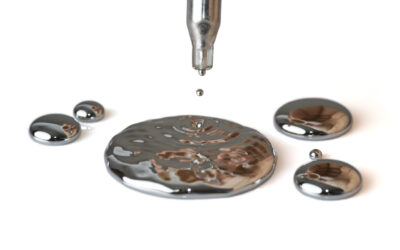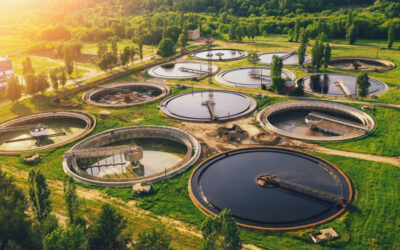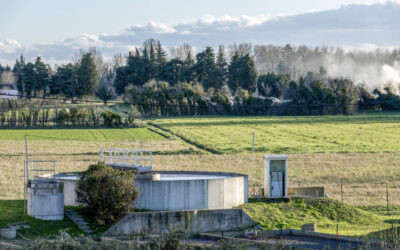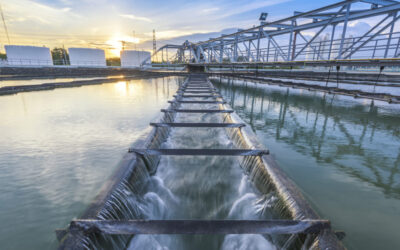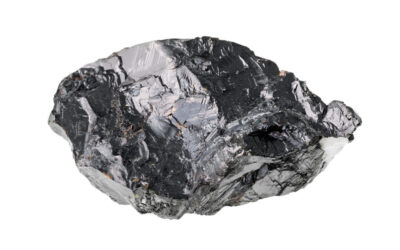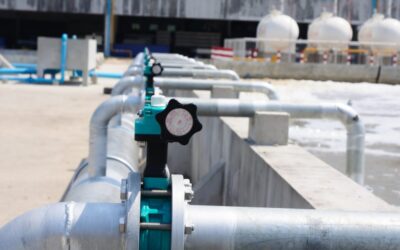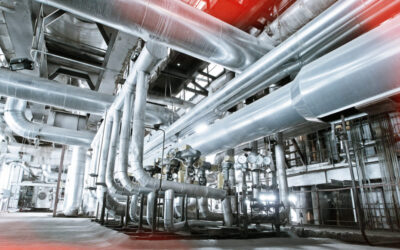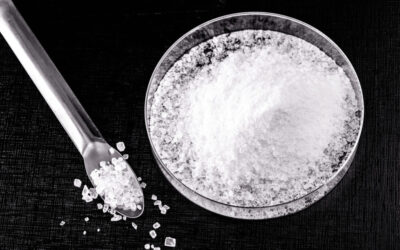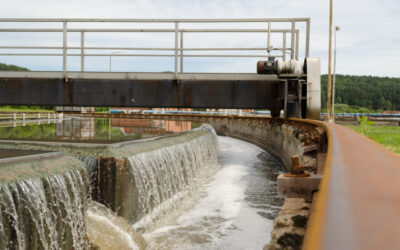Blog
How Much Do Reverse Osmosis and Nanofiltration Systems Cost?
How Much Do Reverse Osmosis and Nanofiltration Systems Cost? [lwp_divi_breadcrumbs _builder_version="4.21.0"...
Are you in compliance? A checklist to prepare for changing environmental regulations
Are you in compliance? A checklist to prepare for changing environmental regulations [lwp_divi_breadcrumbs _builder_version="4.21.0"...
PFAS and Regulatory Changes: Are You Ready?
PFAS and Regulatory Changes: Are You Ready?[lwp_divi_breadcrumbs _builder_version="4.21.0" _module_preset="default"...
Carbon Capture and Sequestration: Impacts and Outlook
Carbon Capture and Sequestration: Impacts and Outlook [lwp_divi_breadcrumbs _builder_version="4.21.0" _module_preset="default"...
SAMCO’s patented processes offer innovative solutions for the oil and gas industry
SAMCO’s patented processes offer innovative solutions for the oil and gas industry [lwp_divi_breadcrumbs _builder_version="4.21.0"...
Supply chain volatility and unplanned outages: what you need to know and how SAMCO can help
Supply chain volatility and unplanned outages: what you need to know and how SAMCO can help[lwp_divi_breadcrumbs...
MFCs and the Future of Wastewater Treatment Technology
MFCs and the Future of Wastewater Treatment Technology[lwp_divi_breadcrumbs _builder_version="4.21.0" _module_preset="default"...
How to Remove Mercury From Your Industrial Water and Wastewater
How to Remove Mercury From Your Industrial Water and Wastewater[lwp_divi_breadcrumbs _builder_version="4.21.0"...
Bitcoin mining and the power industry: impacts and outlook
Bitcoin mining and the power industry: impacts and outlook[lwp_divi_breadcrumbs _builder_version="4.21.0" _module_preset="default"...
Are Biological Trickling Filters Right for Your Municipal Wastewater Treatment Facility?
Are Biological Trickling Filters Right for Your Municipal Wastewater Treatment Facility?[lwp_divi_breadcrumbs...
Can a membrane bioreactor be right for your municipal wastewater treatment facility?
Can a membrane bioreactor be right for your municipal wastewater treatment facility?[lwp_divi_breadcrumbs _builder_version="4.21.0"...
The Drinking Water and Wastewater Infrastructure Act: How Will It Affect You?
The Drinking Water and Wastewater Infrastructure Act: How Will It Affect You?[lwp_divi_breadcrumbs _builder_version="4.21.0"...
What is zinc and how does it affect your industrial process water and wastewater treatment?
What is zinc and how does it affect your industrial process water and wastewater treatment?[lwp_divi_breadcrumbs...
In What Ways Can a Facility Reuse Brine Waste?
In What Ways Can a Facility Reuse Brine Waste? [lwp_divi_breadcrumbs _builder_version="4.21.0" _module_preset="default"...
What to Do If You Have Cyanide in Your Industrial Wastewater
What to Do If You Have Cyanide in Your Industrial Wastewater[lwp_divi_breadcrumbs _builder_version="4.21.0" _module_preset="default"...
What Is Cyanide and How Does It Impact Your Industrial Process?
What Is Cyanide and How Does It Impact Your Industrial Process?[lwp_divi_breadcrumbs _builder_version="4.21.0"...
Which Technologies Are the Best for Removing Sulfates from Industrial Process and Wastewater?
Which Technologies Are the Best for Removing Sulfates from Industrial Process and Wastewater?[lwp_divi_breadcrumbs...
Acceptable Lead Levels in Wastewater and the Need for Removal
Acceptable Lead Levels in Wastewater and the Need for Removal[lwp_divi_breadcrumbs _builder_version="4.21.0" _module_preset="default"...









